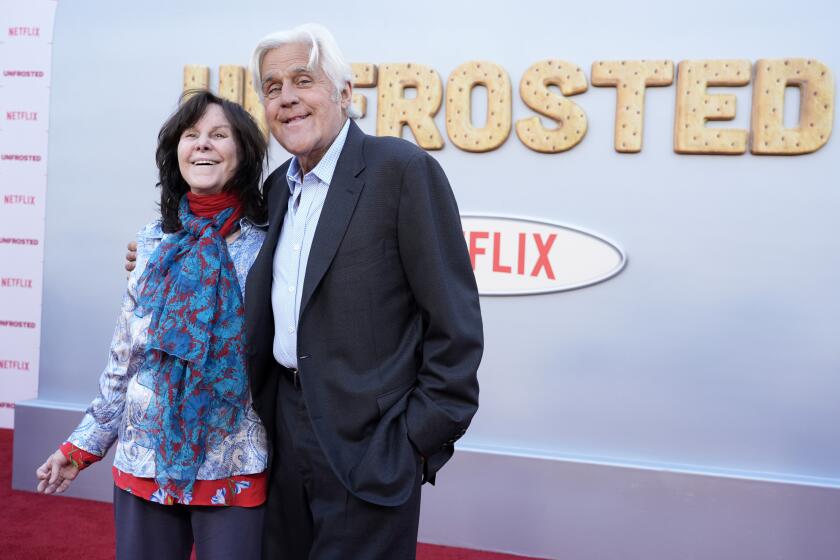Singapore Trade Deal Gives U.S. ‘Full Access’
- Share via
The United States signed an agreement with Singapore on Tuesday that will lower barriers on $33 billion in two-way trade and provide tougher copyright protection for U.S. entertainment companies operating in the wealthy Asian city-state.
The two countries also struck a compromise in the global culture wars. Under the pact, Singapore will maintain control over domestic television programming but give U.S. companies “full market access” and “national treatment” for other entertainment products and services, including recorded music, cinema exhibition and home video rental. U.S. companies using Singapore as a transmission base for regional television and cable broadcasting also will be allowed to operate freely.
That means U.S. media firms must be treated the same as local companies, according to the U.S. Entertainment Industry Coalition for Free Trade, which includes major media concerns such as AOL Time Warner Inc., Walt Disney Co. and Viacom Inc.
Singapore is a key financial center and technologically sophisticated -- but its government has been criticized for wielding a heavy hand when it comes to media censorship.
Entertainment industry representatives said Tuesday that they hope the free-trade agreement will set a standard for future accords, strengthening a global web of protections for U.S. entertainment firms that depend on foreign sales for 40% of their revenues.
Bonnie Richardson, vice president of trade and federal affairs for the Motion Picture Assn., said the pact demonstrates to countries such as France and Canada that an agreement can be designed that protects cultural sovereignty without impeding trade.
She said the industry doesn’t object to Singapore screening imported entertainment as long as the process is transparent and timely.
“Singapore reserves the right to regulate in restrictive ways their domestic broadcast of content to their own people,” she said. “They carved out flexibility for them to take any measures they felt were socially necessary or culturally necessary, but it was only for that one small piece of the market. That was OK for us.”
At a time when the U.S. entertainment industry is losing billions of dollars a year to piracy, the U.S.-Singapore trade pact contains tough penalties for illegally copying video or digital offerings or creating products that allow others to do so.
In addition, Singapore agreed to strengthen its protection of satellite broadcasts and prevent the illegal redistribution of television programming over the Internet.
The former was of particular concern to companies such as AOL Time Warner and Sony Corp. that use Singapore as a regional hub for satellite-delivered programming.
“The U.S.-Singapore Free Trade Agreement will ... make it easier to bring consumers in both countries new entertainment products and services,” said Robert Kimmitt, executive vice president for global and strategic policy at AOL Time Warner.
Besides U.S. entertainment firms, banks and service companies are promised greater access to Singapore’s well-heeled consumers.
In a White House signing ceremony Tuesday, President Bush called Singapore a nation “small in size but large in influence” and urged Congress to ratify the agreement soon. Singapore Prime Minister Goh Chok Tong praised the Bush administration for signaling a “long-term commitment to engage Southeast Asia and contribute to its development.”
The pact provides a psychological boost for Singapore, whose economy was hit hard by the collapse of the technology bubble and, more recently, was among the early victims of severe acute respiratory syndrome, or SARS. The agreement also bolsters the strategic alliance between the United States and Singapore, a key supporter in the war against terrorism.
The U.S.-Singapore trade agreement has touched off little opposition in Congress. Already, there are more than 1,300 U.S. companies operating in the Southeast Asian nation. In all, U.S. firms have invested $23 billion there.
But some activists have vowed to oppose the pact, which they said contains insufficient environmental and labor provisions.
More to Read
The biggest entertainment stories
Get our big stories about Hollywood, film, television, music, arts, culture and more right in your inbox as soon as they publish.
You may occasionally receive promotional content from the Los Angeles Times.










